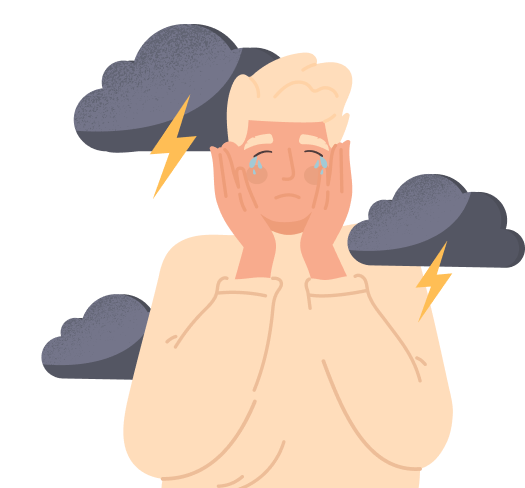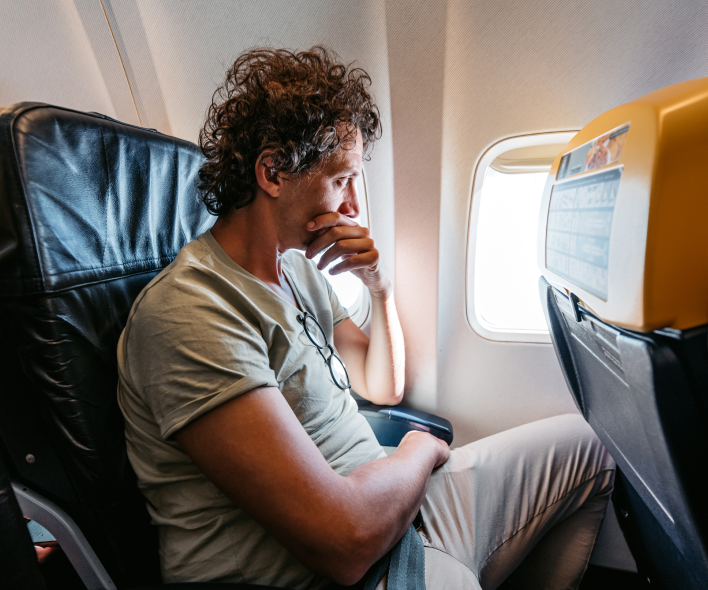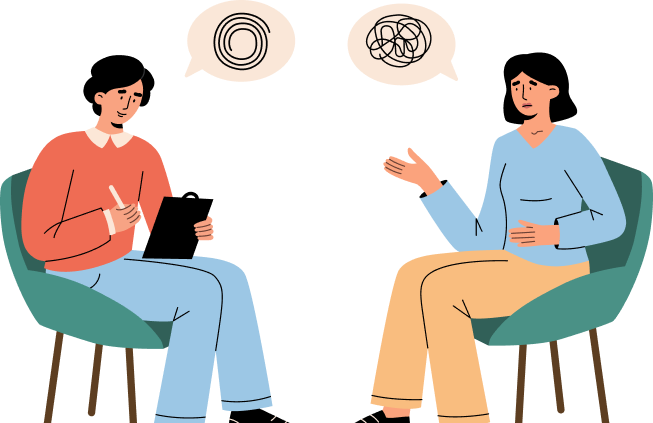Around 11% of Australians are affected by a specific phobia
A phobia is an intense fear or anxiety about a specific object, situation, or activity that is generally not harmful.

Around 11% of Australians are affected by a specific phobia
A phobia is an intense fear or anxiety about a specific object, situation, or activity that is generally not harmful.


At Guiding Light Psychology, we understand how debilitating phobias can be for individuals. A phobia is an intense fear or anxiety about a specific object, situation, or activity that is generally not harmful. Common phobias include animal-related phobias (e.g., snakes, spiders, dogs), phobias relating to the natural environment (e.g., storms, water), blood, injection, and injury phobias (e.g., needles, medical procedures), and situational phobias (e.g., elevators, aeroplanes, tunnels).

Fortunately, phobias can be effectively treated with therapy. Our therapists use evidence-based treatments such as Cognitive Behavioral Therapy (CBT) and Exposure Therapy to help individuals overcome their phobias. Through therapy, individuals can learn coping mechanisms and relaxation techniques to help them manage their fear and anxiety. Exposure therapy involves gradually exposing the individual to the object or situation that triggers their phobia, helping them to desensitise and overcome their fear.
We believe that everyone deserves the opportunity to live a fulfilling life free from the constraints of phobias. With the right treatment and support, individuals can learn to manage their symptoms and improve their quality of life. If you or someone you know is struggling with a phobia, please don’t hesitate to contact us. We are here to support you on your journey towards healing and recovery.
You can easily get in touch with us by calling (02) 7252 3418 or by sending an email to info@guidinglightpsychology.com.au. Our friendly team is always ready to assist you with any questions or concerns you may have about our services.

What causes phobias?
-
Phobias can be caused by a variety of factors, including genetics, life experiences, and brain chemistry. Some phobias may also be learned from a traumatic experience. In some cases, phobias may develop for no apparent reason.
How do I know if I have a phobia?
+
If you experience intense fear or anxiety in response to a specific object, situation, or activity that is generally not harmful, you may have a phobia. Physical symptoms may include rapid heartbeat, sweating, trembling, chest pain, and shortness of breath. Other symptoms may include nausea, dizziness, and a feeling of being detached from reality. If you believe you may have a phobia, it’s important to seek professional help from a qualified therapist who can provide an accurate diagnosis and treatment plan.
How long does it take to treat a phobia?
+
The length of time it takes to treat a phobia can vary depending on the individual and the severity of their phobia. Some individuals may see improvements after just a few sessions of therapy, while others may require longer-term treatment. With consistent effort and dedication to therapy, individuals can learn to manage their phobia and improve their quality of life.
Can phobias come back after treatment?
+
While it is possible for phobias to return after treatment, it is less likely with effective therapy. It’s important for individuals to continue practising the skills and techniques they learn in therapy to help prevent a relapse. Regular check-ins with a therapist can also help individuals stay on track with their progress and address any new challenges that may arise.